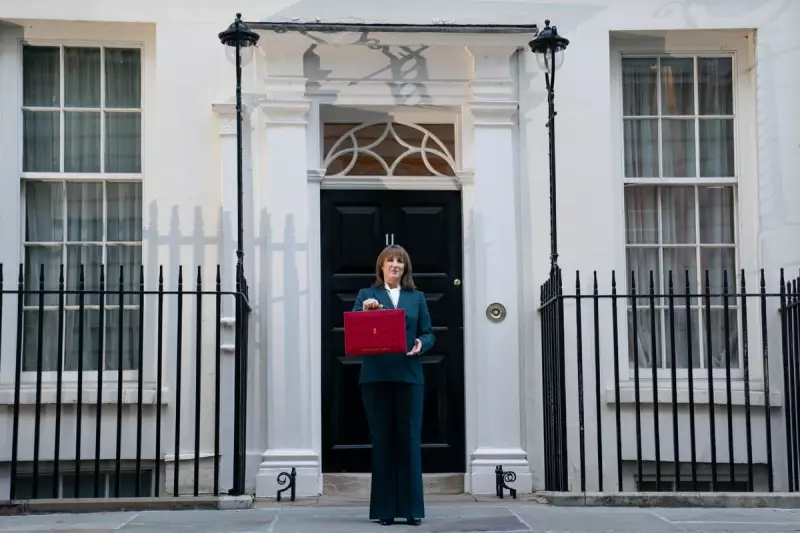
Chancellor Rachel Reeves has unveiled a Budget that pushes Britain's tax burden to an unprecedented level while simultaneously confronting downgraded economic growth forecasts from the official watchdog.
Tax Rises Hit Millions
The centrepiece of the Chancellor's announcement involves tax increases totalling £26 billion by 2029/30. A key measure is the freeze on income tax thresholds, a policy that will financially ensnare millions. As wages increase over the coming years, individuals will be pulled into paying income tax for the first time or pushed into higher tax brackets.
This freeze is projected to create 780,000 more basic-rate, 920,000 more higher-rate, and 4,000 more additional-rate taxpayers by the end of the decade. In total, more than 1.7 million people will face a higher income tax bill as a direct result. The policy, which also applies to National Insurance contributions, is set to raise £8.3 billion for the Treasury in 2029/30.
Economic Forecasts and Wider Measures
The Budget was delivered against a sobering backdrop from the Office for Budget Responsibility (OBR). The independent fiscal watchdog revised its growth forecasts downwards for most of the coming years. While growth for this year was upgraded to 1.5%, the forecast for 2026 was cut from 1.9% to 1.4%, with subsequent years also seeing reductions.
Ms Reeves attributed these weaker projections to the legacy of the previous Conservative government, calling it "the Tories’ legacy, not Britain’s destiny". Other significant personal tax changes announced include:
- Charging National Insurance on salary-sacrificed pension contributions above £2,000, raising £4.7 billion.
- Increasing tax rates on dividends, property, and savings income by two percentage points, generating £2.1 billion.
The combination of these measures means the tax-to-GDP ratio will climb to a record 38.3% in 2030/31.
Budget Leak and Additional Policies
The Chancellor's statement was preceded by an unprecedented blunder when the OBR accidentally published its full fiscal outlook online over half an hour before she began speaking in the House of Commons. The OBR issued an apology, citing a "technical error", but Shadow Chancellor Mel Stride condemned the early release as "utterly outrageous" and potentially criminal.
Beyond the major tax changes, other notable policies in the Budget include:
- A new 3p per mile tax for electric vehicle drivers from April 2028.
- A high-value council tax surcharge on properties worth over £2 million.
- The removal of the two-child benefit cap.
- The temporary 5p cut in fuel duty will remain until September 2026 before being reversed.
The Chancellor acknowledged the impact of the threshold freeze on working people but defended her approach, stating she was "asking everyone to make a contribution" and vowing to ensure the wealthiest contribute the most.





